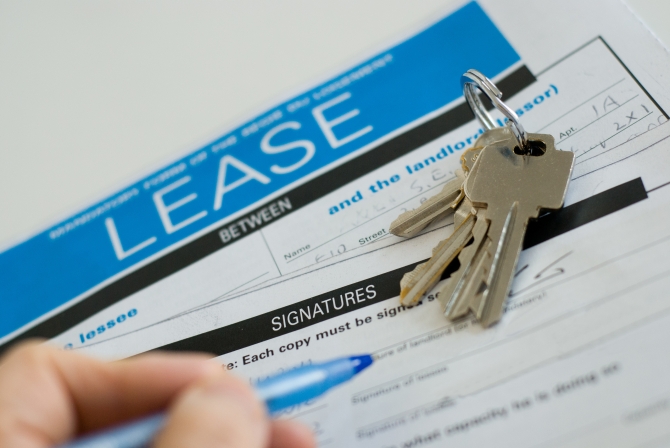Property owners are legally responsible for business rates owed by a tenant who has ceased trading, the High Court has ruled.

The precedent came with the court’s rejection of an appeal by Schroders Exempt Property Unit Trust (SEPUT) that it could not be held liable for rates owed to Birmingham City Council once a tenant goes into liquidation and moves out. A previous judgment ruled that the company must pay a £600,000 business rates bill.
“Whilst this decision is bad news for many landlords, at least it provides useful clarification as to who is responsible for business rates following disclaimer of a lease,” commented Chris Billson, a director of commercial agents Prop-Search.
In the SEPUT case, a lease was granted to a tenant who then assigned the lease and provided an Authorised Guarantee Agreement (AGA), guaranteeing the assignee’s obligations under the lease. When the assignee was liquidated, and moved out of the property, the lease was disclaimed.
Whilst the landlord continued to recover rent from the original tenant — in line with the guarantee agreement — the local authority demanded payment of the business rates from the landlord for the period after the disclaimer. The city council was ultimately granted a liability order.
SEPUT appealed, claiming that it was not entitled to possession of the property since it had not forfeited the lease. It also argued the guarantor could potentially claim an overriding lease under the Landlord and Tenant (Covenants) Act 1995, which would entitle the guarantor to possession.
The High Court appeal judges disagreed, however, and ruled that the true consequence of disclaimer was that the lease ceased to exist and that SEPUT became entitled to immediate possession.
The guarantor remained liable to make good the tenant’s defaults, not because the lease subsisted, the court said, but because it was contractually liable to do so. The court therefore concluded that SEPUT, as landlord, was liable for payment of the business rates in full.
“Unfortunately, there is logic in the landlord being directly liable to pay the business rates as the lease is ultimately at an end and the landlord entitled to possession,” added Billson. “The guarantor does not somehow step into the shoes of the assignee, save in respect of possession of the property.”
Landlords and property owners are not totally powerless, he stressed. “It would be expected that any original tenant providing an AGA or any other guarantee for a tenant in occupation would be liable for all liabilities that fall due pursuant to the lease,” explained the Prop-Search executive.
In the event of default — such as non-payment of rates — the guarantor is responsible for this. “As a result, whilst the local authority need only pursue the landlord following the disclaimer, the landlord may well have a remedy against another party in any event to off-set the liability to the local authority,” concluded Billson.
Previous Post
Food Producers become Victims of Supermarket Price War